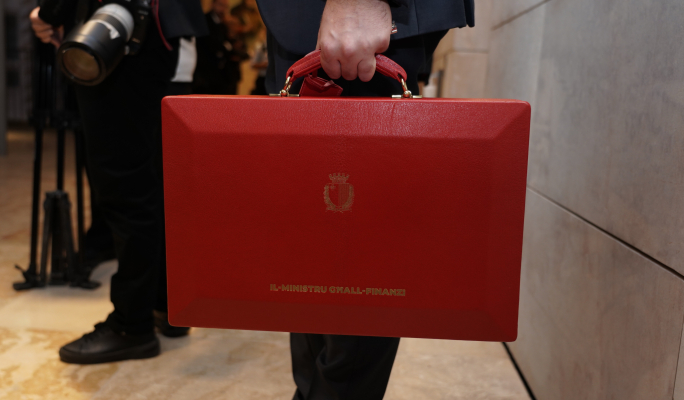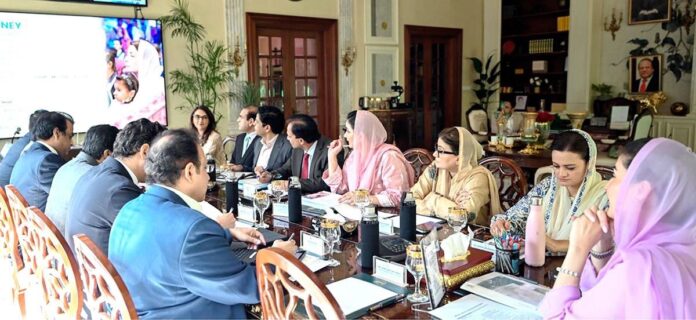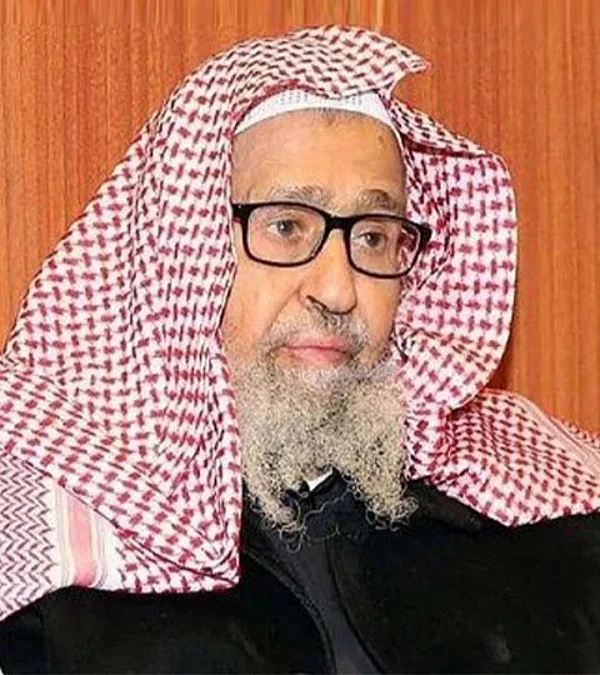Copyright radarr

Nigeria’s overreliance on imported medical products has again come under scrutiny as the Federal Government revealed that the country imports about 99 per cent of its medical devices, 70 per cent of essential medicines, and 100 per cent of its vaccines. The disclosure was made by the National Coordinator of the Presidential Initiative for Unlocking the Healthcare Value Chain (PVAS), Dr. Abdu Mukhtar, while delivering a keynote address in Lagos on Tuesday at the Scientific Products Association of Nigeria (SPAN) Conference and Exhibition, tagged SPAN Innovation 2025, with the theme “Science, Laboratory and Sustainable National Development.” Dr. Mukhtar lamented that such a level of import dependence is unsustainable for a nation with a population of over 250 million people, stressing the need to build a strong and competitive local healthcare manufacturing ecosystem. “We import 70 per cent of our essential medicines, 99 per cent of medical devices, and nearly 100 per cent of vaccines. This is not sustainable for a country of 250 million people,” he said. The PVAS boss explained that the Presidential Initiative for Unlocking the Healthcare Value Chain, launched by President Bola Ahmed Tinubu in 2023, was designed to transform the nation’s health sector by promoting local production of essential healthcare products, expanding the pharmaceutical and laboratory workforce, and building world-class infrastructure to reduce outbound medical tourism. According to him, the target is to achieve 70 per cent local production of healthcare products by 2030, while also positioning Nigeria as a hub for pharmaceutical and laboratory innovation in Africa. He urged Nigerian scientists and entrepreneurs to expand their focus beyond domestic markets and tap into regional and global opportunities. “Nigeria is 250 million people. West Africa is 460 million. Africa is 1.4 billion. This is a huge market,” Mukhtar said, referencing the African Continental Free Trade Area (AfCFTA) and the African Medicines Agency (AMA) as platforms for expanding regional healthcare trade and innovation. He stressed that science remains the foundation of sustainable growth. “Science is not a luxury; it is a necessity. It is the compass that guides development, and the laboratory is where that journey begins,” he added. Dr. Mukhtar said laboratories play a crucial role in driving innovation across multiple sectors, including healthcare, agriculture, engineering, and environmental protection, noting that the government’s initiative is aligned with national development goals and global sustainability standards. To further support local production, President Tinubu signed an Executive Order in June 2024 removing tariffs, excise duties, and Value Added Tax (VAT) on selected pharmaceutical inputs, raw materials, machinery, and equipment. The measure aims to reduce production costs, enhance competitiveness, and make locally manufactured medical products more affordable to Nigerians. The Executive Order, Mukhtar said, is part of broader efforts to improve access to essential medical products such as pharmaceuticals, diagnostics, syringes, and needles, and to position Nigeria as a major supplier of medical consumables in Africa. Meanwhile, the President of SPAN, Dr. (Mrs) Kate Isa, used the occasion to advocate for home-grown scientific solutions, stating that many Western-developed medicines and technologies are not tailored to African genetic and environmental realities. “The world is moving rapidly towards precision science and personalised medicine. But most of the research for these medicines is based on genetic pools that do not represent black Africans. That’s why they don’t always work effectively for us. We must wake up and create solutions for our people,” Isa said. She added that Nigeria has the human capacity to bridge this gap using modern research tools and Artificial Intelligence (AI). “We have hardworking and intelligent Nigerians. With AI and modern scientific tools, we can catch up and build solutions that meet our needs,” she stated. Also present at the conference was Chief Kayode Bello, a Director representing Dr. Babatunde Ajayi, General Manager of the Lagos State Environmental Protection Agency (LASEPA). He highlighted Lagos State’s progress in digital environmental monitoring, noting that the state now tracks noise pollution and air quality remotely, using advanced laboratory systems. “We can now measure noise pollution and air quality remotely without deploying field officers. Our lab is second to none in Africa,” Bello said, noting that this shift supports sustainable governance and environmental protection. Similarly, the Senior Special Assistant to the Lagos State Governor on Basic and Secondary Education, Opeyemi Eniola, shared insights on how the state is encouraging youth-led scientific innovation. He said public school students are conducting meaningful research and developing technological devices that have earned international recognition. “Students from public schools are conducting meaningful research. Some have developed devices that earned them international exposure, all funded by the state government,” Eniola noted. He added that Lagos State is not just investing in physical infrastructure but also building intellectual capacity through research and technology. “We are not just building infrastructure; we are building minds,” he said. The SPAN Innovation 2025 conference ended with a commitment to deepen collaboration between SPAN and the Presidential Initiative for Unlocking the Healthcare Value Chain, aimed at promoting research, innovation, and local production in Nigeria’s healthcare sector.



